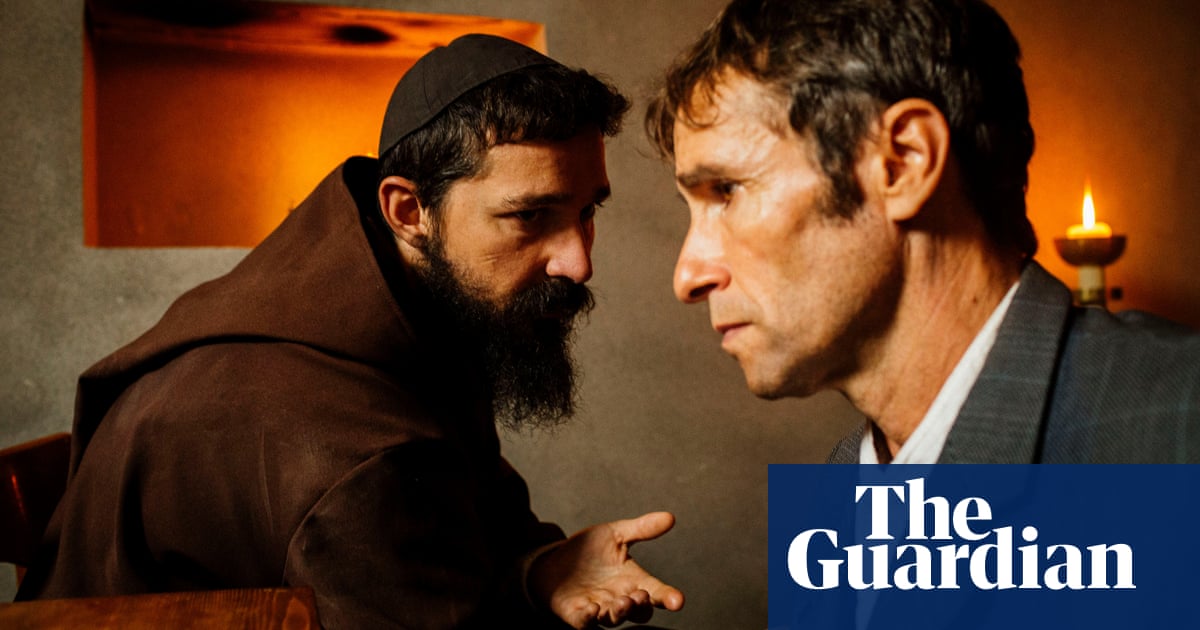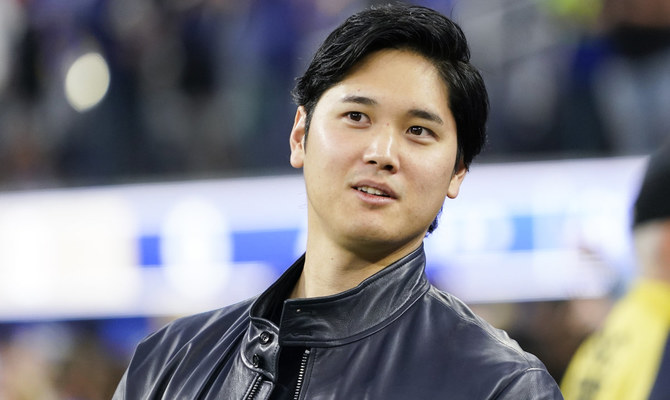
The colossal heart of Roger Michell stopped beating last week, long before he was done with it. It was one tragic loss too many and his friends and collaborators are inconsolable. In a treacherous business, Rog was one of the very few you could count on. He exemplified loyalty. Once he’d committed, he was behind you all the way, there would be no cold feet, no self-serving half-truths, career moves or better offers.
He prized new plays because he was more interested in creation than interpretation and had no real interest in drawing attention to himself. He pushed me to keep writing them, certain that a theatre legacy was the best kind, meeting up regularly to will another one out of me like an especially dedicated midwife. He believed theatre was medicinal, the elixir of life. Once he asked me when I was going to write “the big one” and I felt ashamed for keeping him waiting.
He was a startlingly stylish and honest film-maker, woefully under-appreciated. His work blazed with a black wit and buoyant humanity. He knew his way around death and grief and madness because like all the best people he’d encountered it in the world and taken notice, always adding to his generous store of empathy. He understood my work better than anyone did.
We made four plays, two films and one excellent song together but I still regret that I didn’t write more for him. Trouble was, he was so damned choosy. If he liked something, then it was like Christmas. If he didn’t, he could be so inadvertently withering that the idea would be crushed into oblivion. Such was my respect for him that I always took his word for it.
It was Rog who tactfully advised me not to cut the orange in Blue/Orange, when I’d got it into my head that it was somehow not the point. “You’re nuts,” he offered succinctly. “It’s called Blue-fucking-Orange. It’s theatrical gold.” Of course he was right, but I couldn’t see it.
He was clairvoyant. He knew exactly how something was going to work or not work before you’d even tried it. Occasionally we argued about it. I’d want to include new dialogue at the last minute and he’d give me a funny look.
“No.”
“Why not?”
“Because it’s not going to work.”
“How do you know?”
“I just know.”
He had a complex mind and he understood complexity. He’d ask me “What are you trying to say with this? Give it to me in a nutshell,” and I’d ramble on until he found what he was looking for. “That bit. That’s not in the play yet. You need to inject that into the play.” Sometimes it was the best bit in the play.
Technique was key. He was always looking for cuts. He’d often say, “I love it but you need to cut the first 20 pages.”
Or, “I like it but I don’t know what it’s for. What does it do?”
Or, “You’re too close to your subject. Sometimes you’re better when you don’t know what you’re talking about.”
Meeting with a famous actor once, who’d been assured of the part, Rog suddenly sensed it wasn’t going to work and devised a secret signal to get us out of it without hurting him. “OK, the minute you think we should abort, I want you to move this coffee cup from here to here, very slowly, diagonally, then look out of the window. That way I’ll know we’re in agreement and I can let him down gently.”
Anybody else would have just left it to the reps.
One year I was clearly suffering after a bruising episode in my life and Roger gently advised me to write about it, because “it might help”. I wrote the play and he directed a fine, cathartic production, exceptionally technically difficult but ultimately a success. Just because he cared.
We travelled the world together, opening a film in New York, a play in the West End, teaching film-making in Cape Town. We only fell out once, and only then because we were trying too much, not too little. Sometimes we got the giggles, uncontrollably, or went off to drown our sorrows. He raised the most delightful children and was delightful to mine. He was an incredible and generous cook and lunches were a grand occasion, always with excellent French wine, decanted of course. He would ring on a Sunday to check all was well, signing his emails suavely, à bientôt …
Losing him is like Christmas in reverse, all the gifts taken away, vanished mysteriously in the night, leaving a bomb crater. No more of the wisdom, sophistication and complexity. No more of the certainty, the exquisite judgment, the dexterity, the swing and timing of a great drummer, the shared vernacular, the compassion and empathy. No more easy assumptions that one’s best work is yet to come. How could it be now?
As he stares out from his obituaries with quizzical amusement, it feels like another of his mischievous, immaculate theatrical illusions. He always knew the real praise would come too late and he had, typically clairvoyant, predicted it. “Like Van Gogh,” he once quipped, “without the insanity.”
À bientôt, old pal, the world is a duller, harsher place without you.












